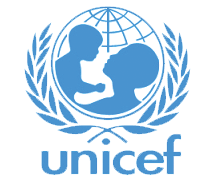
Nigerian Children At Severe Risk Of Climate Change-UNICEF
The United Nations Children Education Fund(UNICEF),has said young Nigerians are among those that would be severely affected by the ongoing global climate change. The agency,in its latest report,said the health, education and






